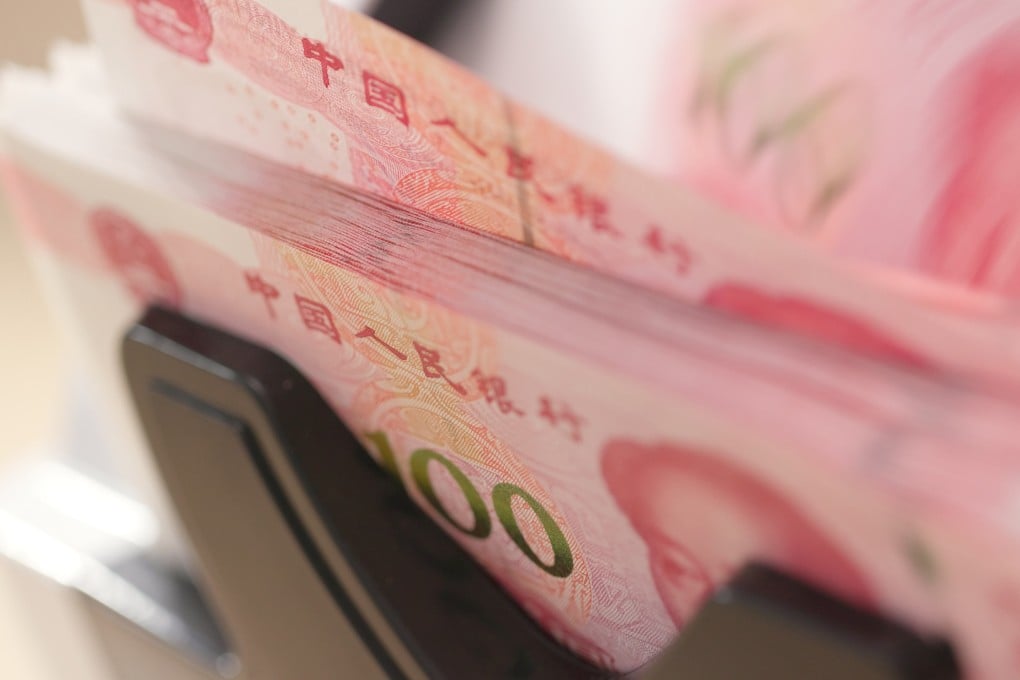Hong Kong mulls new moves to spur yuan usage in stock trading, business financing
Proposed measures to expand yuan usage could shield investors from swings in the foreign-exchange market, analysts said

Hong Kong is taking some incremental steps to underpin its role as the biggest offshore yuan hub in the coming months, including measures to shield stock investors from exchange-rate risks when trading yuan-denominated shares in the city.
The government plans to change a law next year to give investors the option to pay stamp duties on stock trades in yuan in addition to the Hong Kong dollar, Financial Secretary Paul Chan Mo-po said in his budget address on Wednesday. Plans are also afoot to add Hong Kong-listed yuan-based shares to the Stock Connect scheme, he added, without specifying the launch date.
Both measures would sidestep currency-exchange risks, which would especially benefit mainland-based investors, analysts said.
“It is very logical for investors to want to settle everything in the same currency,” said Tommy Ong, managing director of T.O. & Associates Consultancy. “The appetite among mainland investors in these stocks is huge” and is likely to spur their trading volume, he added.

In June 2023, Hong Kong allowed 24 of the biggest companies on its stock exchange – including the Post owner Alibaba Group Holding, AIA Group, Tencent Holdings – to issue yuan-denominated shares on top of the local dollar. Adding them to the Stock Connect would widen access to mainland investors and boost trading turnover, analysts said.